As we age, taking care of our skin becomes even more important. Not only is it our body’s protective barrier, but it can also give us important clues about our overall health.
In fact, certain skin symptoms can be indicative of serious disorders, including cancer. By learning to recognize these signals, we can seek prompt medical attention and potentially expedite our treatment journey.

Shadowy Areas: A Closer Look

Have you ever noticed rapid skin discoloration? This could be a sign of adrenal insufficiency, also known as Addison’s disease, although it’s not always the case. Other symptoms to watch out for include weakness, weariness, low blood sugar, and muscular and joint soreness. If any of these symptoms sound familiar, don’t hesitate to reach out to your doctor.
Discoloration: Uncovering Vitiligo
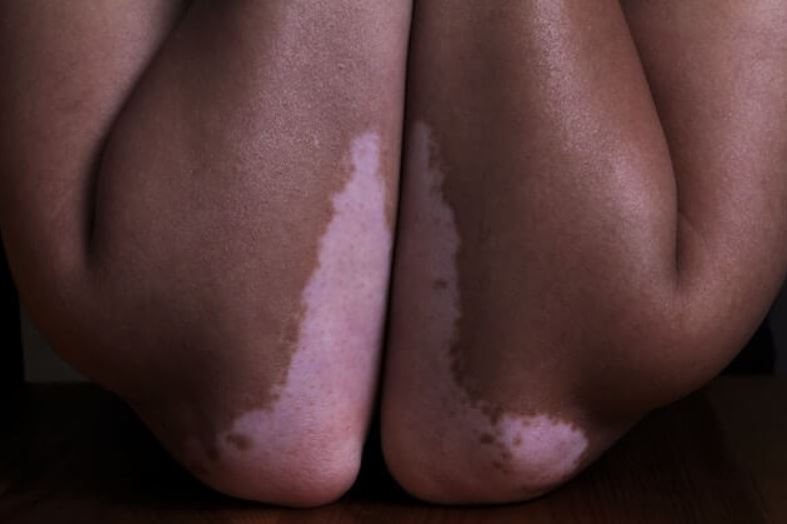
Remember when your skin suddenly turned white in patches? It could be a condition called vitiligo, where the body’s melanocytes stop producing pigment. If you suspect this might be the case, it’s best to consult with an endocrinologist or dermatologist for a proper diagnosis and treatment plan.
Rashes: More Than Meets the Eye

While rashes often have simple explanations, persistent and severe rashes shouldn’t be ignored. Whether caused by food allergies, adverse reactions to medications, or underlying infections like chickenpox, seeking medical attention is crucial. In some cases, rashes could be a symptom of life-threatening conditions such as Lyell’s syndrome or Stevens-Johnson syndrome. If you’re an adult with chickenpox, it’s essential to see a doctor without delay.
Edemas: A Possible Link to Hypothyroidism
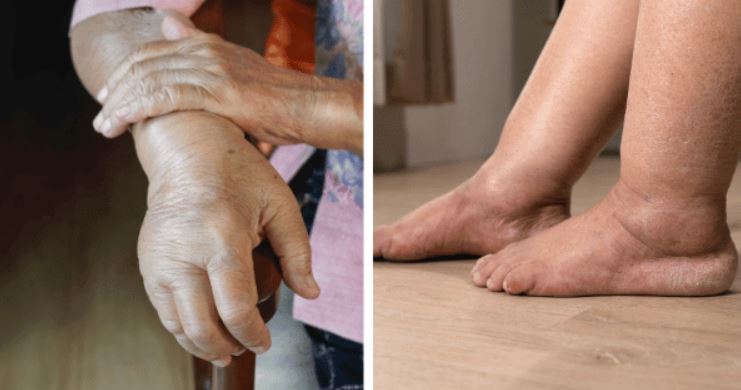
Chronic edema could be a sign of an underactive thyroid, called hypothyroidism. If you experience edema along with symptoms like dry skin, hair loss, and unexplained weight gain, it’s recommended to consult with an endocrinologist for further evaluation and management.
Moles: When to Be Cautious
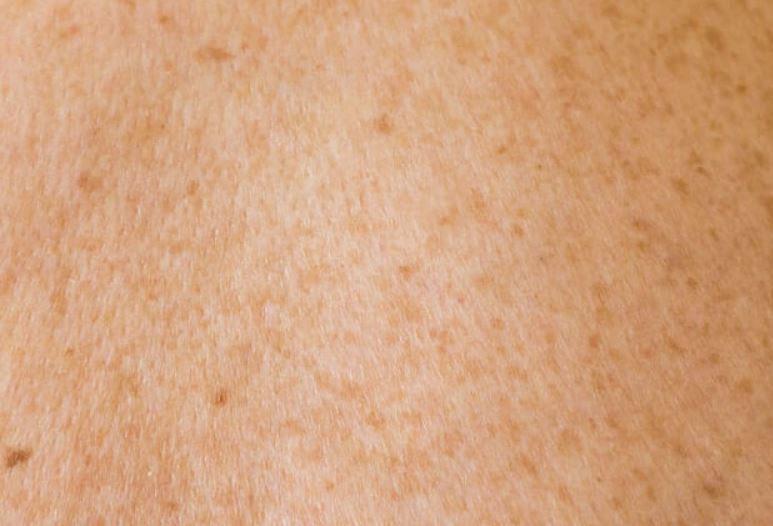
While most moles are harmless and even hereditary, changes in their appearance should never be ignored. If you notice sudden growth, discomfort, or any unexpected symptoms, it’s essential to see a doctor and get a professional opinion.
Acne: Beyond a Cosmetic Concern
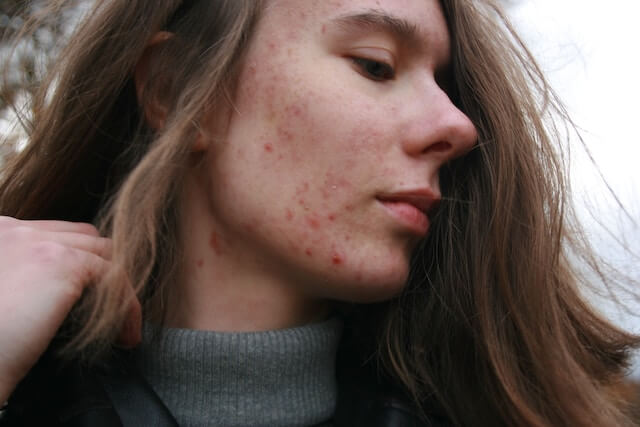
Acne is a skin condition that can have various causes, including hormonal fluctuations, oily complexions, and even gastrointestinal disorders. To effectively combat acne, it’s important to follow a strict skincare routine and seek personalized advice from a dermatologist or skincare specialist.
Flaking: Unveiling Potential Risks
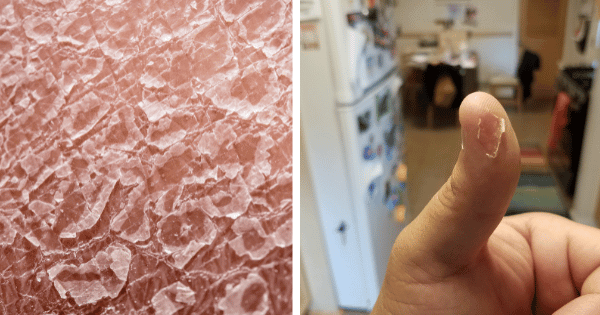
Flaking skin can be caused by various factors, such as vitamin deficiencies, hormone imbalances, or allergic reactions. When accompanied by other severe symptoms, it might be an indication of an underlying and potentially life-threatening condition. Seeking medical attention is crucial in such cases.
Excessive Perspiration: An Unexpected Signal
Intense sweating could be a sign of Graves’ disease, an autoimmune thyroid disorder. The skin might become fragile and itchy as a result. If you experience excessive sweating along with other related symptoms, it’s vital to consult with a healthcare professional promptly.
Remember, we provide educational content, not professional medical advice. If you notice any of these skin symptoms or have concerns about your health, it’s always best to seek medical attention. Take care of your skin, stay vigilant, and don’t hesitate to reach out to your doctor for any questions or concerns. Together, let’s prioritize our well-being!
Did you know that there are unmistakable skin symptoms that could aid in the diagnosis of potentially lethal diseases? Share your thoughts and experiences in the comments section below!





